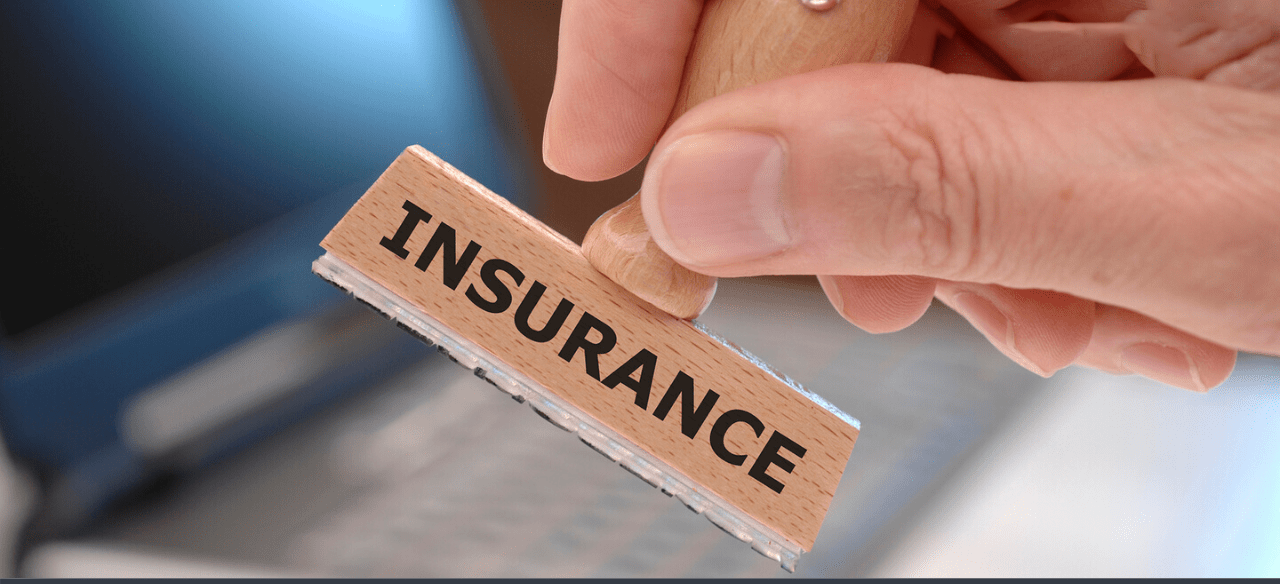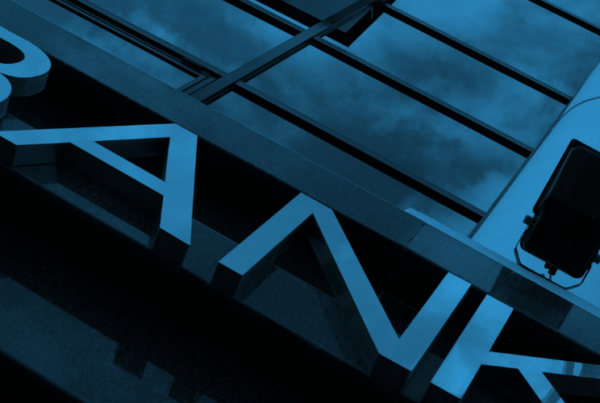Get the right
Having at least an insurance plan is a great way to get financially protected against a range of unpredictable events, such as the death of a breadwinner, hospital bills and treatments for a critical illness, or a sudden lack of income from total and permanent disability. When such situations take place, your insurer will pay you an agreed amount to cover some or all of the loss.
There are various types of insurance plans available to cater to different needs. Sometimes they can be extremely confusing. You’re not buying bread or milk. You’re buying a promise of protection that could potentially make or break your financial well-being. But if you understand what insurance really is and how much insurance cover do you need before purchasing any insurance policy. You can make the right choices and get the best possible value.
What kind of insurance do you need?
The type of insurance you need depends on your life stages. The different life stages will identify what kind of insurance you need. Be it for healthcare, long-term savings, investment or retirement? Not everyone can buy all needed insurance at one. If you cannot afford to cover all, the different life stages will identify what insurance is your priority at this moment as well. Even after you have purchased an insurance policy, you should review your needs regularly as they may change over time.
How much insurance cover do you need?
The amount of benefit you need will depend on some factors such as: do you have any dependents? and how many if have? do you have any existing debts or mortgages such as student loans, house loans…The level of your financial gap? how much enough money of covering the basic needs of dependents in the worst case? Or do you think your children need how much enough money for education funds they need until they can support themselves?
As a rule of thumb, approximately 9 to 10 times of your annual income is required to ensure that your family’s lifestyle is maintained. And one more time, not everyone will be able to afford to purchase all the insurance plans they need at one go. You need to know what is the priority?
After you have all answering, move next step.

What kind of insurance to buy?
Health insurance plan
If you only have enough money to buy one insurance plan, it has to be a health insurance plan. It prevents you and your family from suffering a financial loss as a result of an accident, illness or disability. It can provide an income while you are disabled or in hospital, or cover the cost of your medical treatment or nursing care.
The type of health insurance policy you would need depends on what you want protection against. Such as, hospital and surgical insurance will cover your medical expenses paid or critical illness insurance will reduce your financial burden when you are diagnosed with a major illness (for example, cancer). Normally, the best benefit is a combination but you need to consider you afford it or not yet. In deciding the amount of insurance coverage to purchase, consideration should be given to:
(i) Your healthcare needs;
(ii) Employer medical benefits;
(iii) Your hospital class preference;
(iv) Whether you would want to choose your own doctor;
(v) Level of income protection you require if you become ill or disabled; and
(vi) Your ability to pay premiums over the long-term.
You may have to priorities your needs and structure your health insurance according to your ability to pay the premiums. If you buy a policy that guarantees to cover you while you keep paying your premiums, you will not need to worry about your cover being cancelled. However, even if your cover is guaranteed, some health insurance policies allow insurers to change the benefits, premium rates or other terms and conditions when the policies are due for renewal (usually every year on the anniversary of the inception of the cover). Make sure you are clear about the terms and conditions of the policy before you buy it.
Life insurance plan
A life insurance plan gives you and your family financial protection against the financial loss that can happen after your death or if you suffer a total and permanent disability. It can also give you a retirement income or act as a financial backup in emergencies and protect you against healthcare costs.
Your financial circumstances are not exactly the same as other people. So, if you do not interest in investment, or at the moment you are not ready, term insurance may be suitable for you. It is the most popular insurance with over 70% of purchasers. It’s straightforward, inexpensive, and designed to do one thing over the long term: support your loved ones if you die. And the death benefits of a term life insurance policy are almost always tax-free.
You get protection for a set period. It pays the sum insured only if you die or become totally and permanently disabled (if this benefit is provided) during this period. It is typically cheaper as they do not provide a savings or investment-linked element (no cash value). But you are not losing out on your money with a term plan. For whatever reason, you have the flexibility to cancel the plan or increasing benefits over time as well as the option to convert from term to permanent insurance.
To conclusion
Buying insurance doesn’t have to be a daunting task. But if you want to assure that the plan which you buy will be pretty safe in both aspects of coverage and budget, you should consider asking for some advice.
Insurance providers, financial advisors, or risk management experts with good and professional handles can comprehensively support you.





